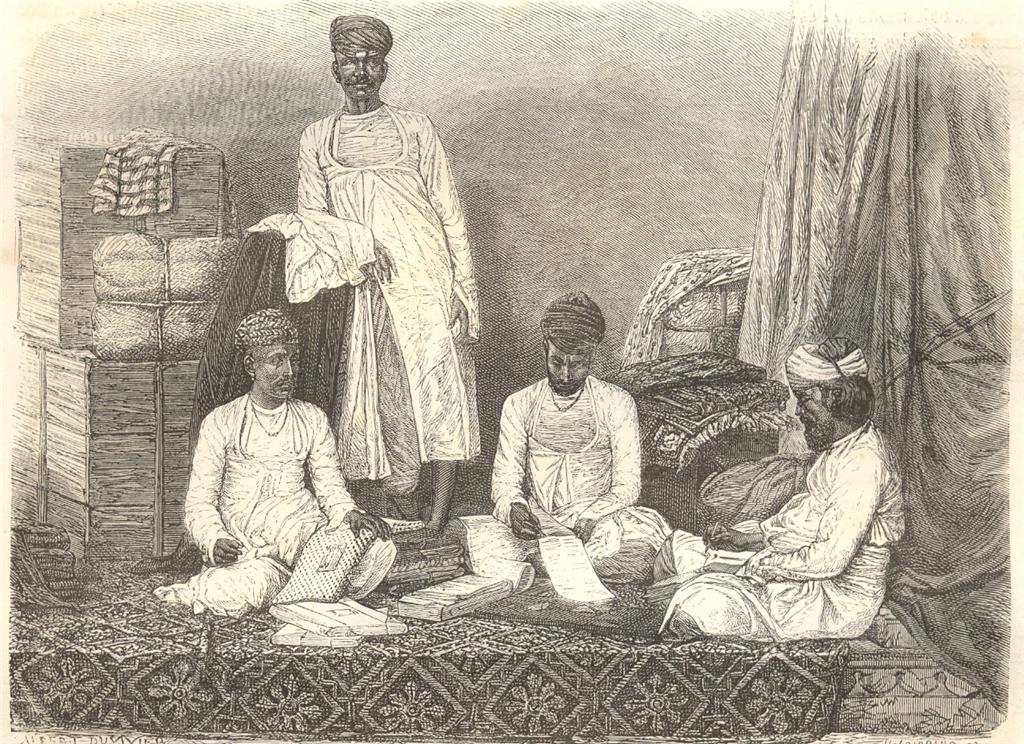FWP:
For general comments on this most unusual ghazal, see {66,1}.
How in the world to translate tum kaun-se aise kare ? It's so colloquial that if done literally ('Which such strict one are you?') it hardly makes sense. But fortunately we have the 'Since when are you such a...?' construction in English, which conveys the same skepticism and overtones of ridicule, the idea that somebody is pretending to some quality that the speaker knows very well is not genuine.
The quality in this case is strictness about dād-o-sitad , literally, 'giving and taking', which I have taken as 'accounts'
in order to get the same effect in English. Ghalib scolds Arif: 'If the Angel
of Death presented his claim on your life, so what? It was only the first
reminder. You didn't have to pay him at once, that very instant! Since when
were you so scrupulous about such things? You should have put him off and
at least gained some time; he would undoubtedly have come back another
day. But instead you showed an appalling (and uncharacteristic!) degree of
scrupulousness-- all too quickly you accepted his claim, and gave your life
into his power.'

Nazm:
This and the next two verses are in the form of negative rhetorical questions [istifihām-e inkārī], and are addressed to the person who died young.
== Nazm page 66